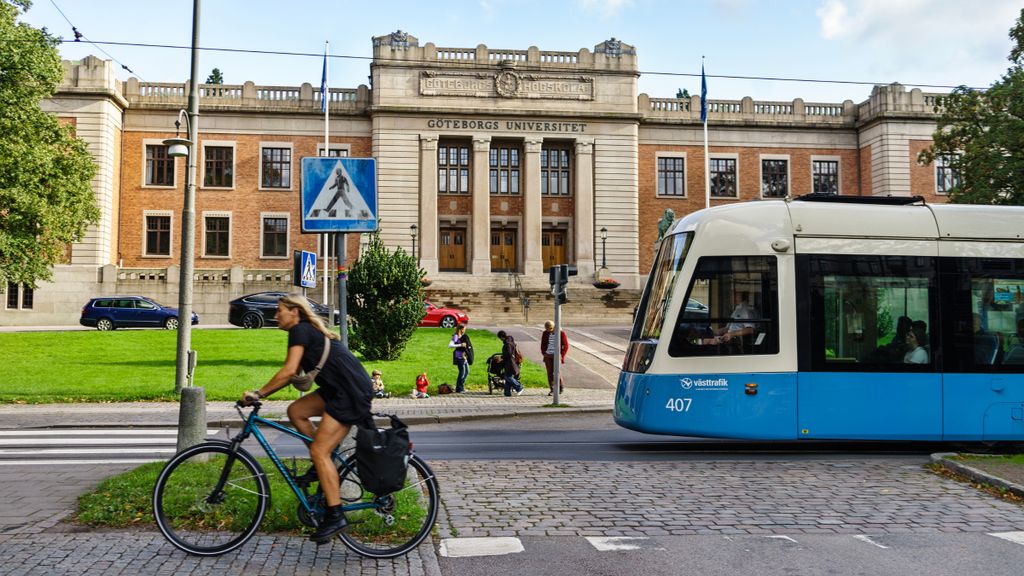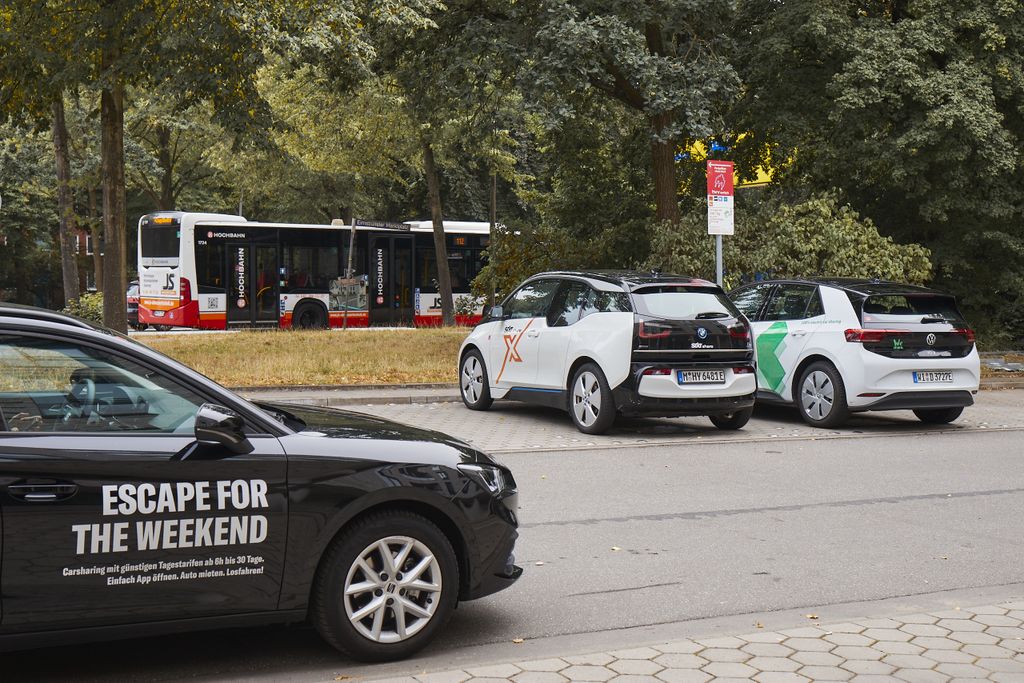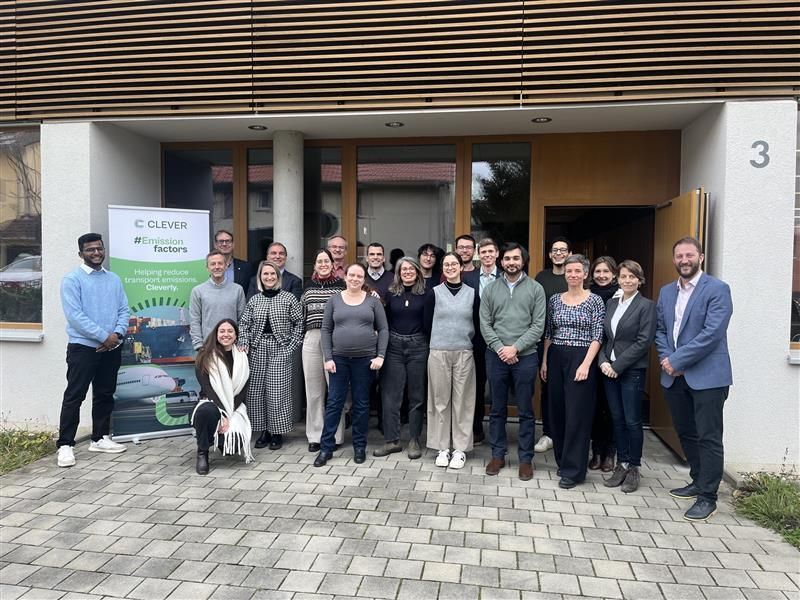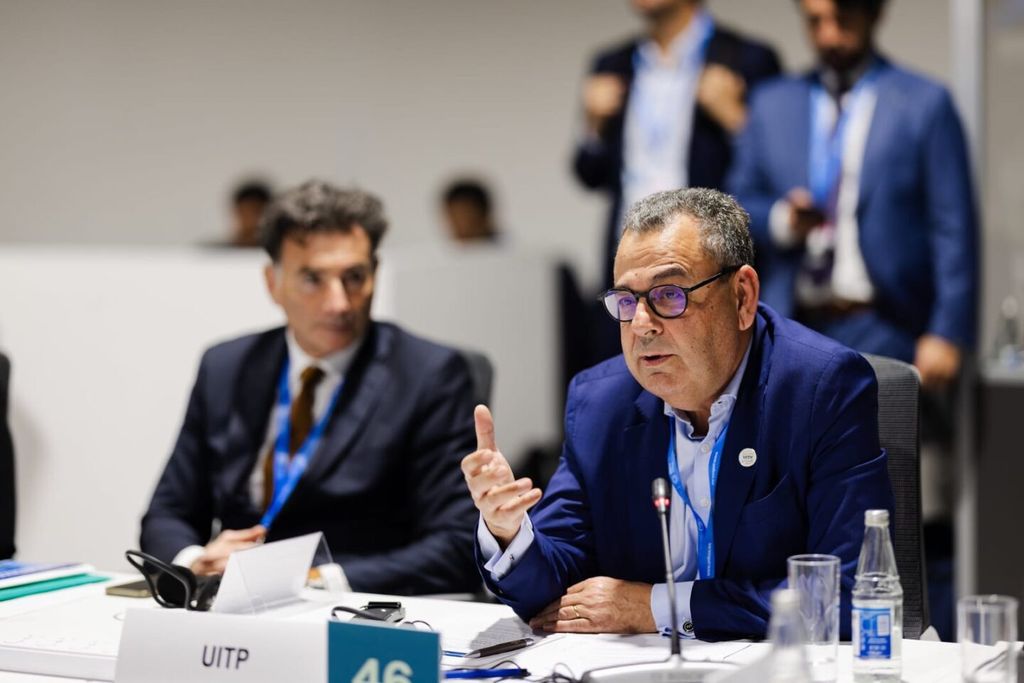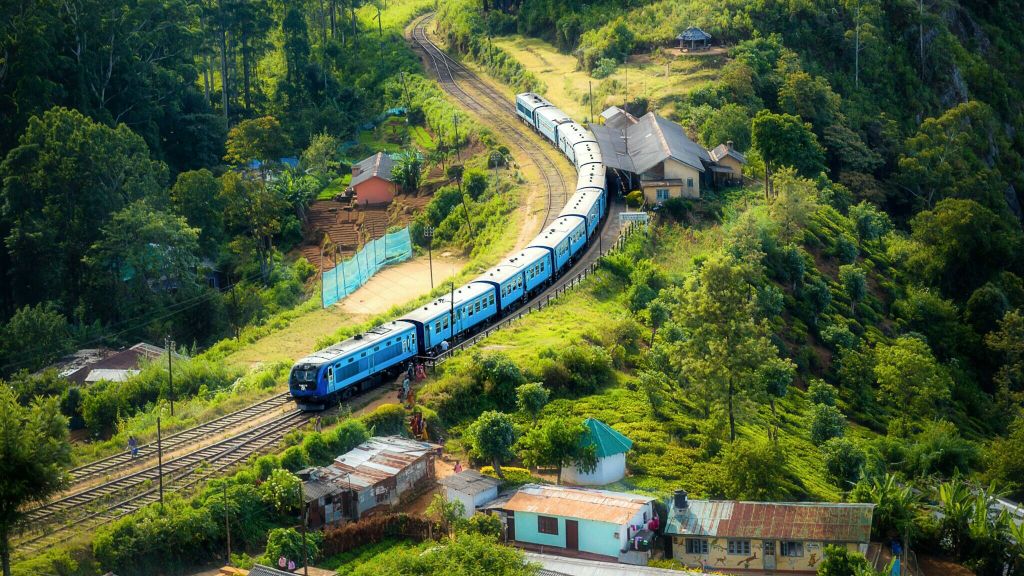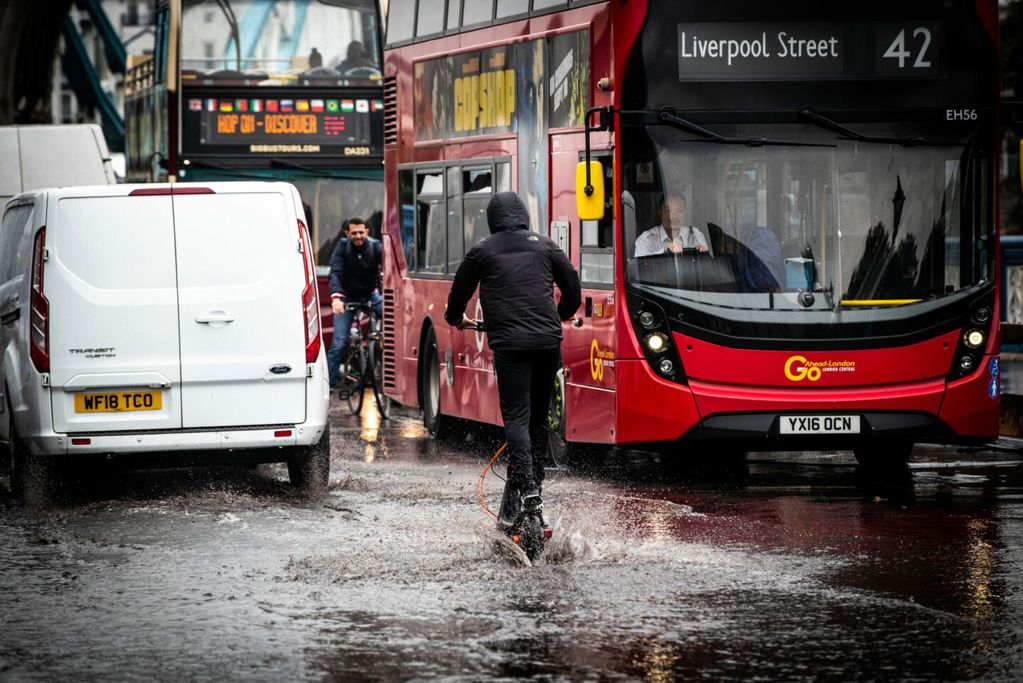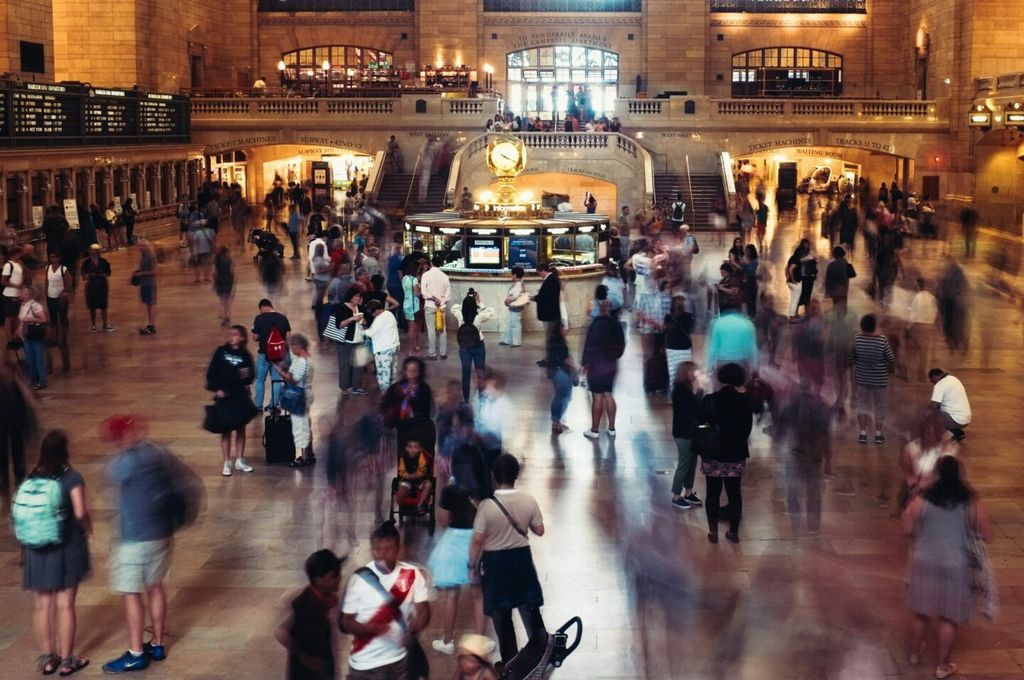
A week of rethinking mobility - Public transport at the heart of saving lives: Jean Todt
Cutting 1.3 million annual road crash fatalities in half
As I reflect upon the 7th edition of the United Nations Global Road Safety Week (15 – 21 May), the theme of “Rethinking Mobility” resonates deeply within me. It is also at the heart of the UITP, as it focuses on sustainable mobility, and the need to embrace the use of public transport, as well as walking and cycling. Not only are these recommendations also in the Global Plan for the Decade of Action for Road Safety (2021-2030), but they are at the heart of my work as the United Nations Secretary-General’s Special Envoy for Road Safety.
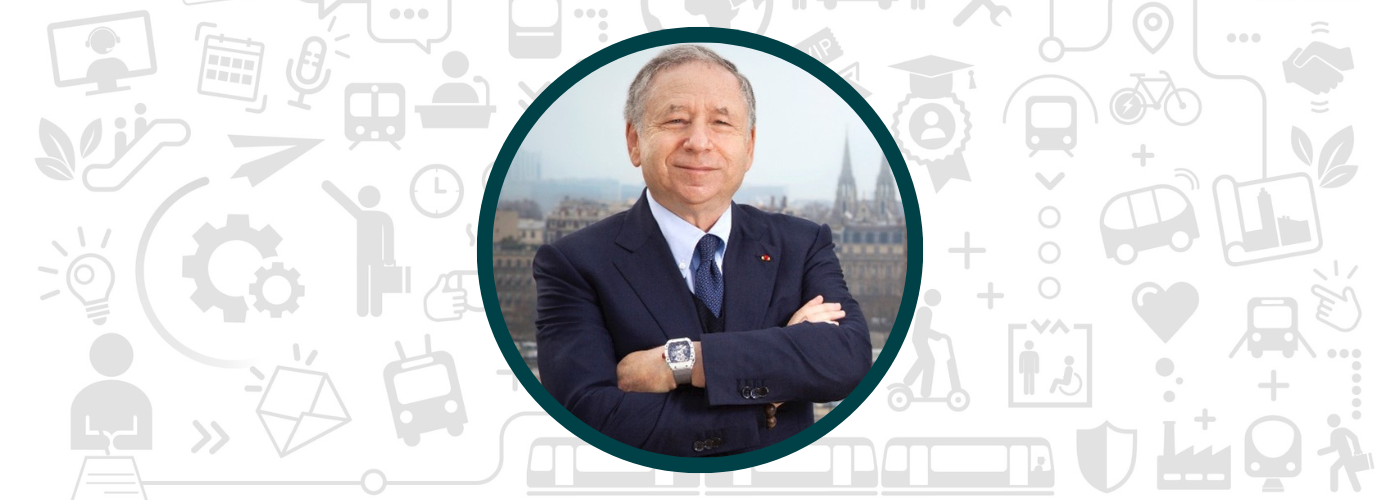
The main goal of the decade of action is to reduce by half the 1.3 million annual road crash fatalities and 30 to 50 million serious injuries. To achieve this, we now see mobility as seated within an interlinked ecosystem where in addition to dealing directly with the safety of drivers, vehicles and infrastructure, a cleaner and more user-friendly environment also helps to reduce road crash fatalities. In other words, we must work on multiple fronts simultaneously against these global scourges to produce results in them all.
A finely oiled machine for safe systems
In thinking about this, I am often reminded of my previous life as a Formula One team principal. People who do not follow racing, tend to think that success comes thanks only to a great driver and a fast car. While those are necessary ingredients, they represent just the tip of the iceberg in what it takes to have them and to win a world championship. In Formula One, for instance, the pinnacle of auto racing, success comes only when the entire team of perhaps 1,000 members works together harmoniously, as a single entity, with the same objectives and with as little friction as possible between each of them. Every single part of the team and the car must fit into a perfectly oiled whole to achieve the objective.
I am increasingly finding this to be the same in the challenge that I have faced in my work at the UN since I began in April 2015. We must all work together as a finely oiled machine to create an overarching safe systems approach to road safety and it must underlie every aspect of the world’s transportation ecosystem. In this way we multiply our chances to successfully find the solutions we seek, as we “#RethinkMobility.”
If I look, for instance, at the sustainability area first: transport-related emissions alone are responsible for approximately one-quarter of energy-related greenhouse gas emissions. But in the very way I speak about an ecosystem with each part affecting the other, one of the most interesting aspects to this environmental side of things, is something that proves how it is the entire ecosystem that must be considered together if we are to achieve success. Reducing climate change itself contributes to safer roads. Why? Because changing temperature, precipitation patterns, storm surges, and rising sea levels all contribute to an increase in road fatalities and injuries, as they produce slippery roads, reduced visibility, increased humidity, and diminished road surface friction, all of which exacerbate the risks while driving.
To achieve the ambitious goals outlined in SDG 13 and keep global warming below 1.5°C, decarbonizing transport is therefore a prerequisite. Worse, with urban areas projected to grow by more than 50 percent in the next 30 years – the majority of this expansion occurring in Africa and Asia – this challenge must take center stage in our efforts to improve road safety through sustainable transport systems.
Higher public transport usage can cut traffic fatality rates in half
That is why the work of UITP is so important, since as most readers of this blog certainly know, one of the best routes towards a safe and sustainable future is by using and developing safe public transport. Not only is it a cheaper alternative for individuals, but it also carries a significantly lower environmental cost compared to private vehicles. And in our goals for road traffic safety, motor vehicle occupants are three times more likely to be injured in an accident than bus passengers, while cities with higher public transport usage sometimes cut their traffic fatality rates in half. Some research even concludes that traveling on public transport is 10 times safer than traveling in private cars.
That is why it is so disheartening when we see that around 2 billion people in the world still lack access to public transportation. We must ensure equitable mobility for all.
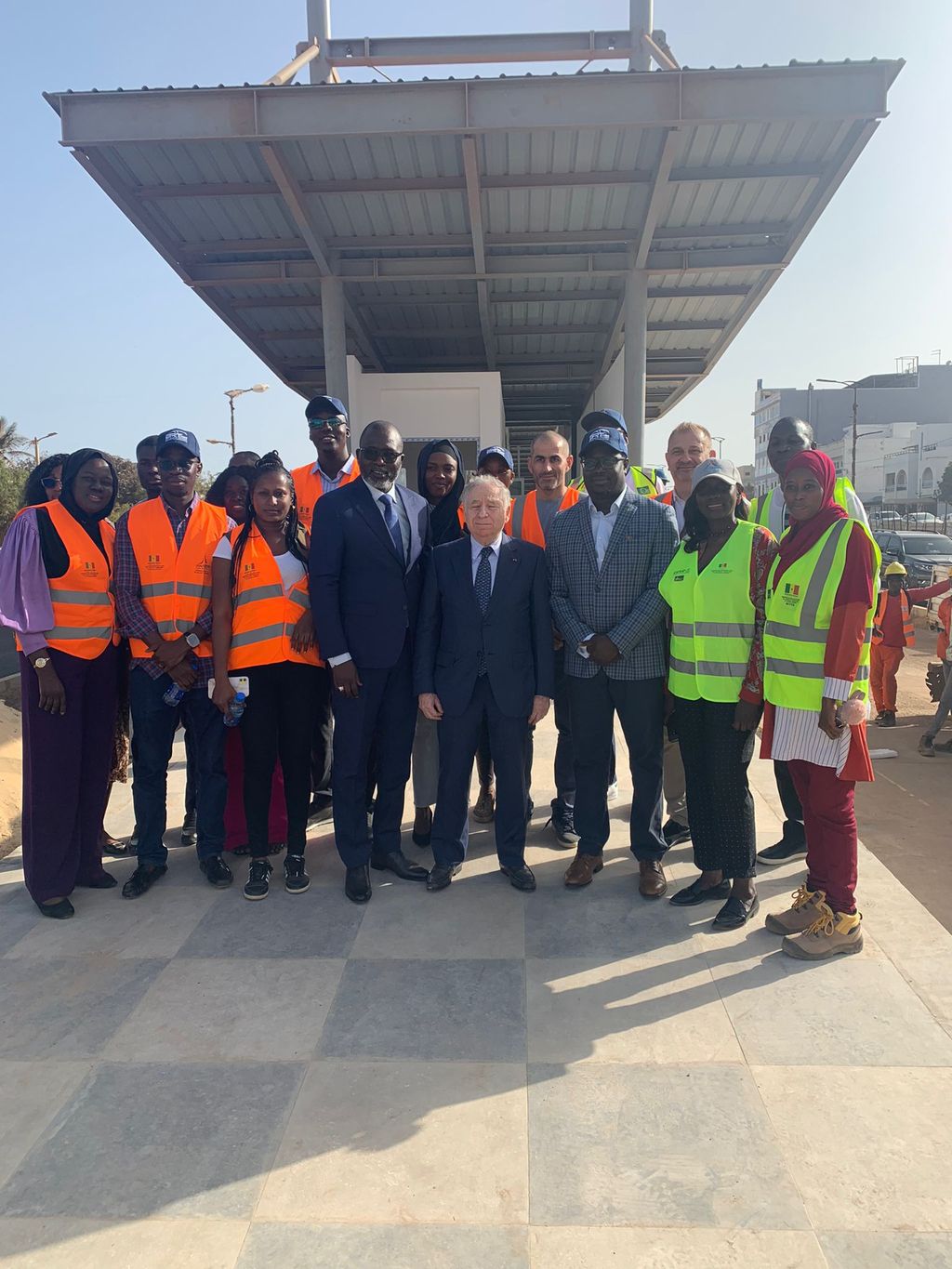
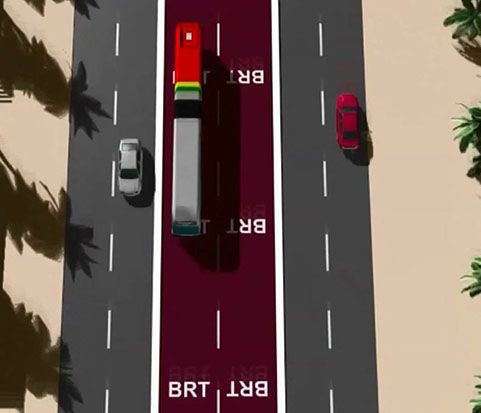
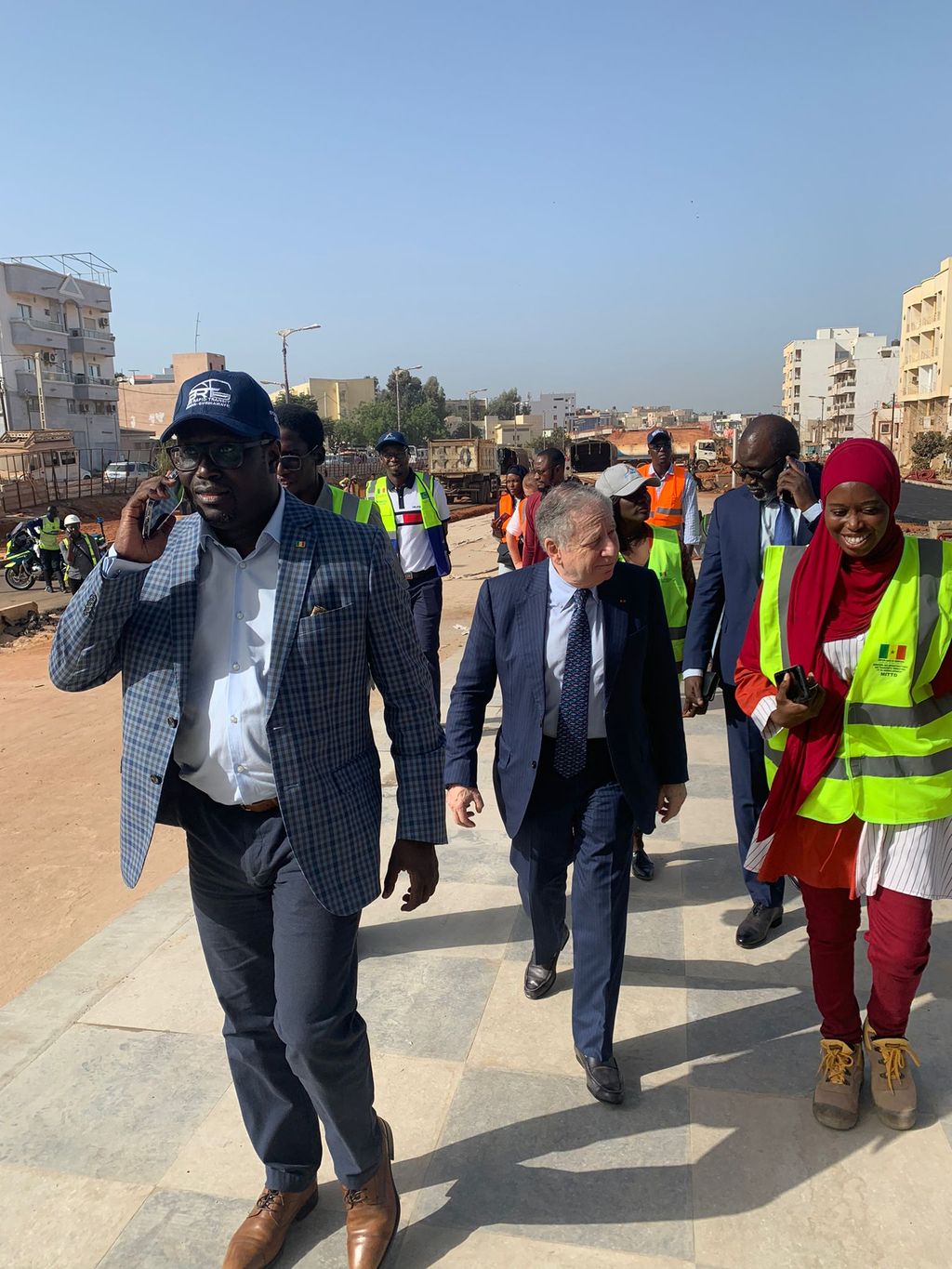
‘Let’s rethink mobility together, and together we will all emerge as winners.’
On my recent trip to West Africa, I visited an excellent project that I would like to signal out as the kind of initiative we need to multiply. This is the Bus Rapid Transit project in Dakar. Run by CETUD, Dakar’s organizer and regulator of urban transport, it is trying to address extreme poverty and promote shared prosperity by establishing an efficient and affordable public transport system. It comprises 23 stations, 144 articulated buses, and covers a route of 18.3 kilometres. Not only do we expect lives saved from reduced crashes, it has also made travel more efficient by reducing travel time from 95 to 45 minutes, while serving 14 municipalities and operating seven days a week from 6 am to 10 pm.
Nowadays, to truly revolutionize mobility and prioritize road safety, we must also reinforce road safety regulations, improve the planning and design of transport networks, and address the lack of infrastructure for pedestrians and cyclists since they remain the most vulnerable. We must create safer roads, with better footpaths, safety barriers, bicycle lanes, and sidewalks.
This leads us right back to what I said in the beginning about every part of the ecosystem being interdependent and having to work like a well-oiled machine, all pointing in the same direction: Not towards a Grand Prix victory, as in my previous life, but towards the victory of reducing the number of needless fatalities and serious injuries on the road.
Let’s rethink mobility together, and together we will all emerge as winners.
Membership benefits

